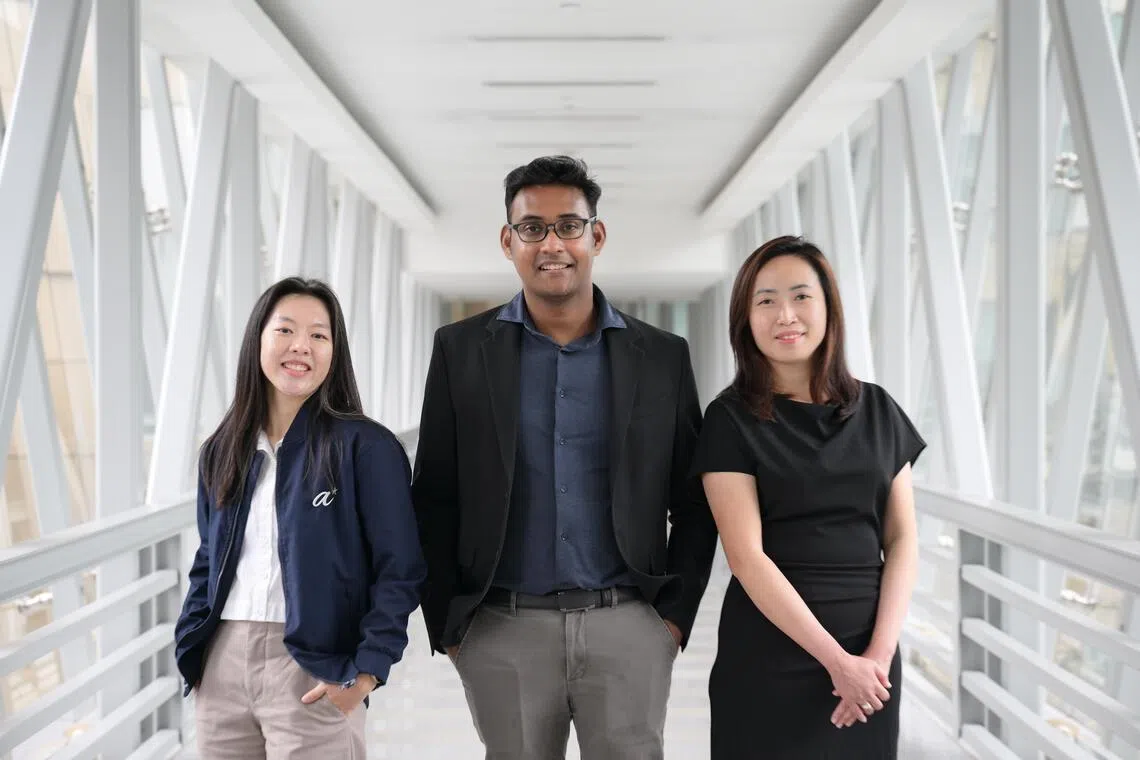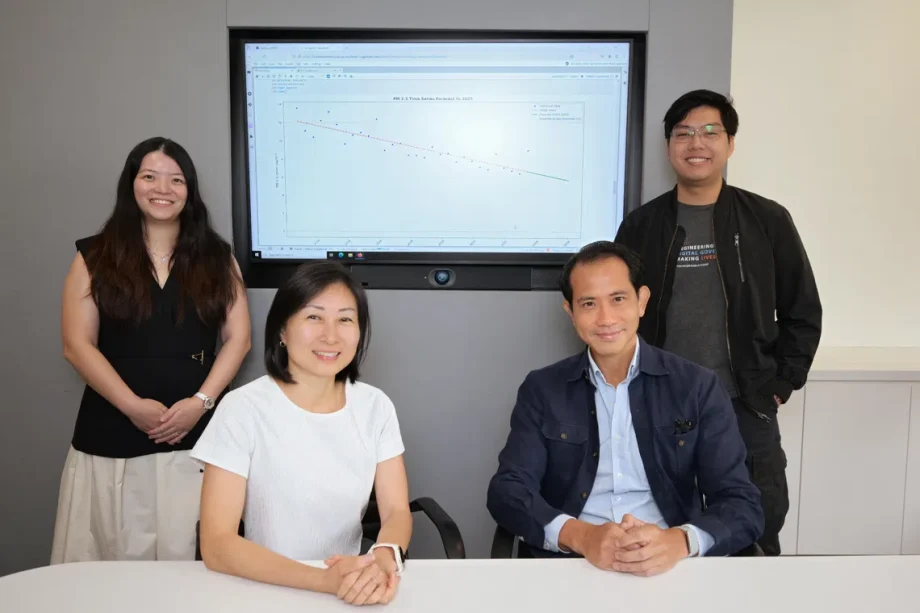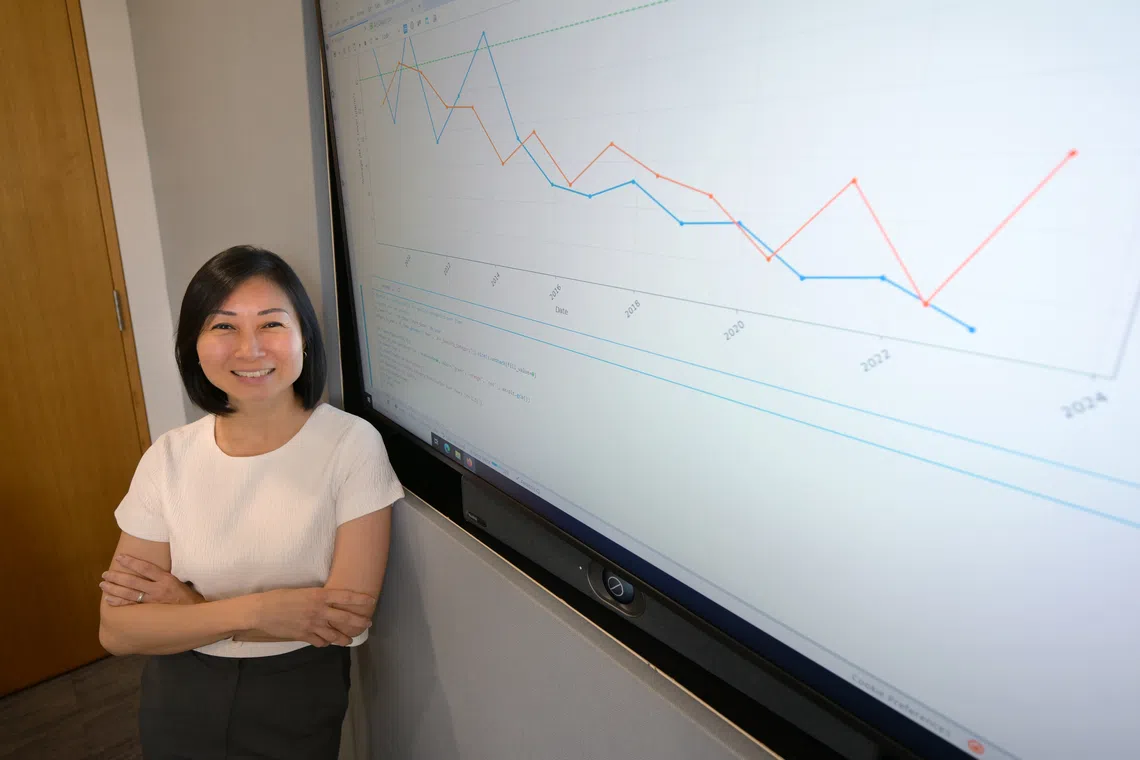SINGAPORE – A local study made the surprising finding that, compared with pregnant women with gestational diabetes, those without gestational diabetes actually incurred higher hospital expenses in the last three months of their pregnancy.
The latter spent more than an average of $1,300 on hospitalisation in the later stages of their pregnancies, possibly for conditions that were not detected earlier.
The research team from A*Star analysed its own study data of the mother-child pairs, as well as data it obtained from national databases through a national analytics platform – the Trusted Research and Real World-Data Utilisation and Sharing Tech (TRUST) platform.
This platform, which ensured the data was anonymised and protected before it was made available to the team, has been used by researchers in some 70 projects since it was implemented in November 2022.
It allows local researchers to draw on anonymised data within a formal governance framework to more quickly conduct studies, rather than repeating the traditional process of recruiting new participants to collect and analyse new data.
The A*Star research team postulated that women with gestational diabetes mellitus (GDM), which develops during pregnancy and may resolve after delivery, typically received closer health monitoring, resulting in other health risks being detected and managed earlier.
On the contrary, mothers who did not have GDM and received standard antenatal screening may develop complications in the later stages of pregnancy, such as hypertension or delivery issues, which may require hospital care.
To validate this hypothesis, the A*Star team is now tapping the TRUST platform again to analyse more data from the National Electronic Health Record system. This new phase of the study is still ongoing.
Earlier, the research team, led by Dr Mukkesh Kumar, head of the data management platform at A*Star Bioinformatics Institute, and Dr Evelyn Loo, a principal scientist at the A*Star Institute for Human Development and Potential, had analysed the data of 1,166 mother-child pairs through the TRUST platform.
These were from the Growing Up in Singapore Towards healthy Outcomes (GUSTO) cohort study – Singapore’s first and most comprehensive longitudinal birth cohort study, which has followed more than 1,000 mother-child pairs since 2009, and collects extensive data on pregnancy, genetics, nutrition, growth, brain development and well-being.
The A*Star team said its work is likely to be Singapore’s first such study on GDM-related healthcare expenditure, and the findings suggest that women without GDM may also need closer monitoring during late pregnancy.

The A*STAR team which uses the health data from the Growing Up in Singapore Towards healthy Outcomes (GUSTO) cohort study for their gestational diabetes healthcare cost analysis include (from right) principal scientist Dr Evelyn Loo, head of data management platform Dr Mukkesh Kumar, and senior research officer Ms Li Ting Ang.
ST PHOTO: NG SOR LUAN







